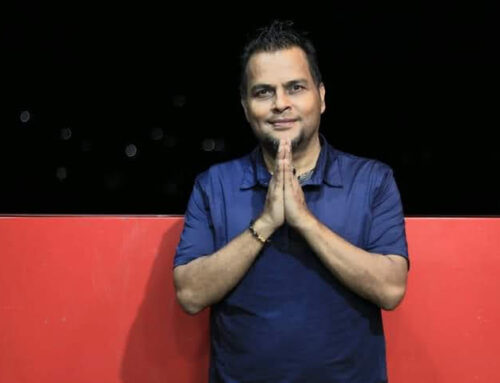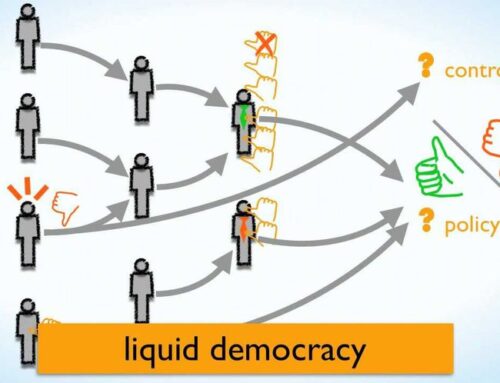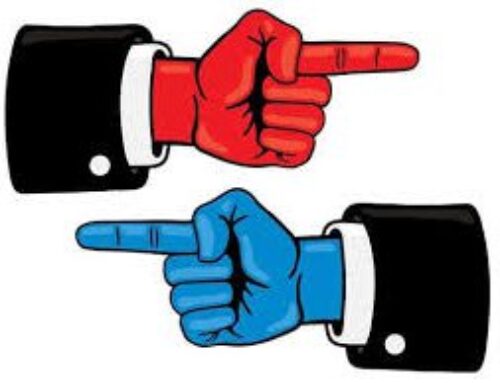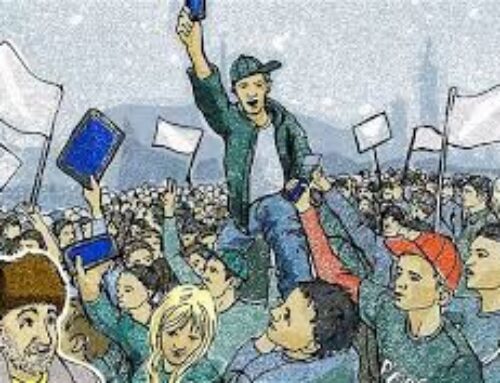Political Journalism, Or Weaponry?
Journalism and politics are two professions that are linked for life since they are the intermediaries between the government and public opinion.
By Deepak Raj Joshi
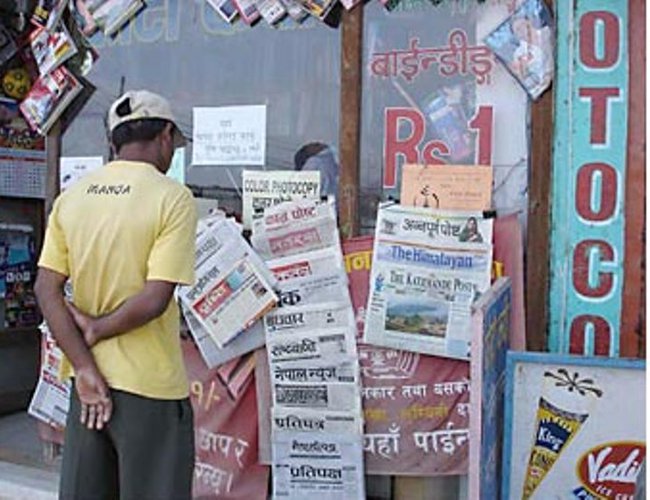
Politics is the science and art of good governance dedicated to the service of the nation. Journalism is an activity that consists of collecting, synthesizing, hierarchizing and publishing information related to current affairs. To obtain such information, the journalist must resort to verifiable sources or his own testimony. Journalism should not be just transmitting information. Politics and journalism are two sides of a coin. Politics is a topic that has made journalism the most prosperous business.
Journalism, which is the fourth estate, is also called the fifth pillar of democracy. It has become a lucrative profession. Journalists will not get the freedom to write as long as we cannot build a strong society. Journalists should write in such a way that society can find an innovative and right direction.
Journalism and politics are two professions that are linked for life, since they are the intermediaries between government and public opinion. On the one hand, journalism serves as the most recurrent channel to keep the public informed and on the other, politics serves as the agent of modification and transformation. Journalism is a profession that leads all who exercise a permanent contact with power.
Showing social reality is an ideological and informative commitment that the journalist assumes with the population. Commitment is sustained with professional ethics on which depends the credibility of the communicative environment for which it works.
The worst thing that can happen is that the journalist can be used by one source to harm another politician. They should not manipulate the information to favor any politician.
The basic principles of journalism are Truth, Precision, Independence, Equity, Impartiality, Humanity and Responsibility. A sure sign of professionalism and responsible journalism is the ability to take responsibility. When we make mistakes, we must correct them and our apologies must be sincere, not cynical. Let us listen to the concerns of our audience. We cannot change what readers write or say, but we can always rectify when we have been unfair.
In this way, journalists and traditional media can exercise leadership over freedom of ethical expression. What is good for journalism is also good for other people who use the internet or online media to express themselves publicly.
Political journalism, principally the one that has sufficient entity to form public opinion, is found to be lacking. This is so simply because it has not had the strength to contain, confront or channel the populism that is settled in politics, adjusting its editorial project to a news style that has shown not to consider the superior interest of the country as the main principle of its editorial position in the national political event.
When countries are experiencing growing social storms, Nepal is no exception. Political journalism, conscious of its power, has a moral responsibility to articulate the different interests at stake, including those of political nature and to become a collaborator of peace and social stability.
Today more than ever, political journalism must be transformed into an entity that articulates the stability and social peace of Nepalese, which contributes to the process of transformation that is underway and will not stop until injustices are rectified. A journalist must have harmony with respect to the public issue, political authority, religiosity, party system, democracy and cultural diversity that exists in Nepal.
In any democratic society, there is no doubt that the impact of media treatment on political dynamics is fundamental. Although this remains a view of the mind, the objectivity of the media is theoretically a cornerstone of the proper functioning of the democratic apparatus.
In journalism, ethics is not an unreachable precept but an indispensable tool to achieve the trust of its public. Credibility that people have in the media will depend on the degree of commitment assumed by the journalist.
Journalism is honesty, transparency and humility to recognize errors in information which now pass the immediate examination of watchers with the ability to rectify them instantly. The role of the mass media in politics is fundamental; alluding to this that every journalist must have the responsibility in reporting and every government must have the responsibility to respond to the society it is leading.
The functioning of the political system in Nepal is not normal. There is a vacuum; people stopped trusting the state and the parties long ago. This vacuum is filled by the media. If there is a crisis in politics, then there is one in the media too. They are somehow related. Journalists must return to the basic values and tenets of journalism.
Journalism is the search for the truth and the loyalty of the journalist is exercised towards the citizens. Journalism is primarily a discipline of verification. Most important thing is that there is no journalism without an exercise of personal conscience.
Ethics has always been linked to the professional recognition of journalists and directly involves its relations with the public and society. It is the necessary expression of media self-regulation and journalistic ethics. It dictates the inevitable conditions for building and restoring the pact of trust and communication with the public. It is thus based on the critical and self-critical capacity of the media.
There are more than 8,000 media persons working in all areas of modern media- print, electronic and online- across the country. Is it possible to find a free press in a society that is not democratic? Conversely, can a democratic society exist without freedom of the press?
The media are the subject of numerous accusations because of certain practices in the processing of information and often their connivance with certain powers without counting the negative effects of a people approach. Journalists must scrupulously respect for ethical principles and ethical rules in order to gain legitimacy to produce and disseminate credible information.
It is a terrible ethical fault for a journalist to devote himself every day to showing only the strengths of the government and not showing his weaknesses or that the journalist deliberately favors opposition parties and endows all ills with the government.
Within the political system, we must ask whether the journalist is a political actor or an informant. A journalist cannot and must not be partial. The journalist must be committed to the political processes; it must contribute to the processes of change.
The Internet is changing the public circulation of information and opinions. The decisive turning point was the emergence of social networks. The public is now involved, and every citizen can play a role in today’s media landscape. New actors, such as bloggers, vlogers, and any one who has the domain have appeared on the scene. Online media challenges the very values and practices of journalism. What is journalism? Who is a journalist? These questions have already come to the forefront at the advent of the Internet. True Journalists have lost their privileges. Freedom of information is common in democracy. The sharing of responsibilities between journalists and the public could lead to participatory ethics.
Actually, politics and journalism are just two different words today, but their meanings and objectives are exactly alike. “Get your work done and the public can go screw themselves”. The truth is that Nepalese journalism is stuck in a quagmire between the periphery of power and market. What we have in Nepal now is not journalism, it is a political heavy weaponry.
(Joshi is a lecturer and IT consultant. He also writes fiction under the name of Kapeed Joshi. He can be reached by email at [email protected].)

